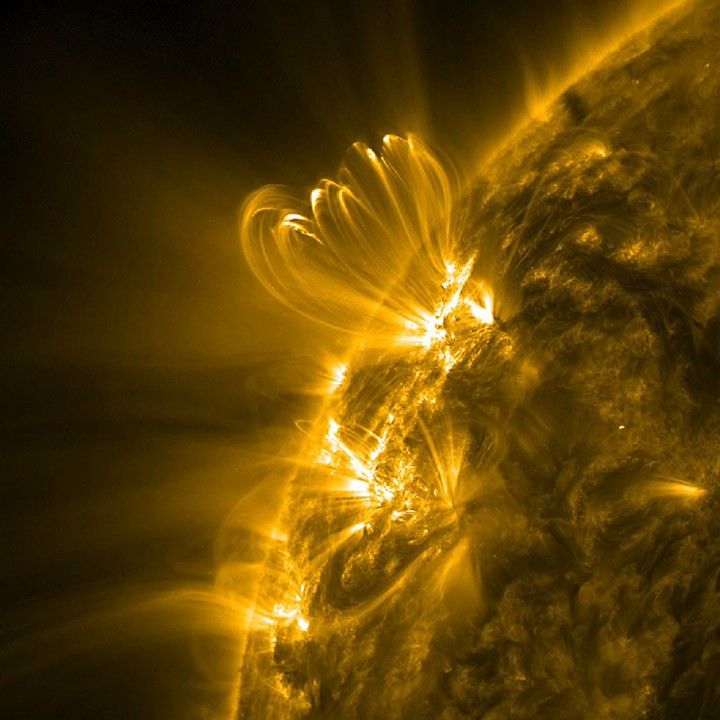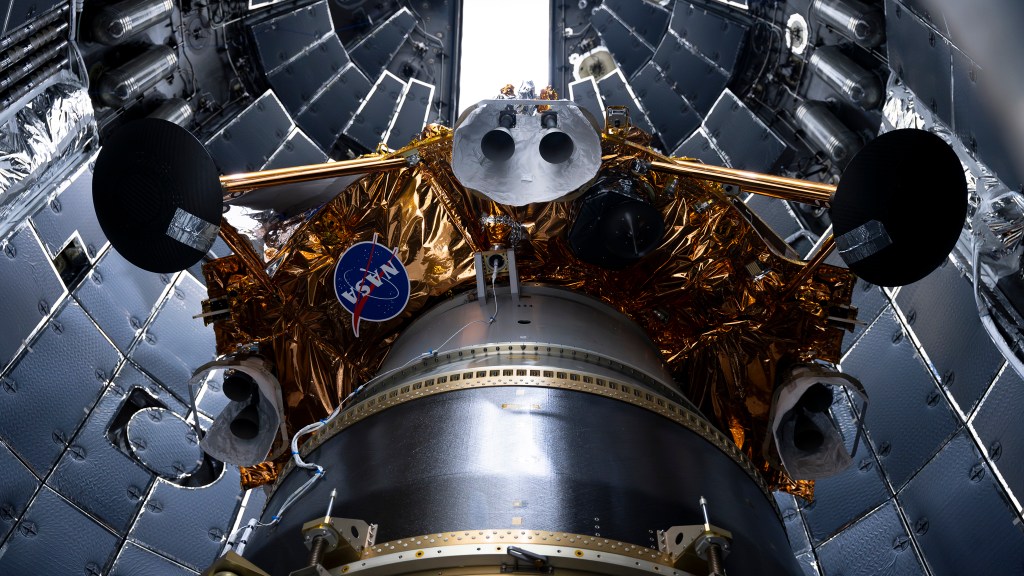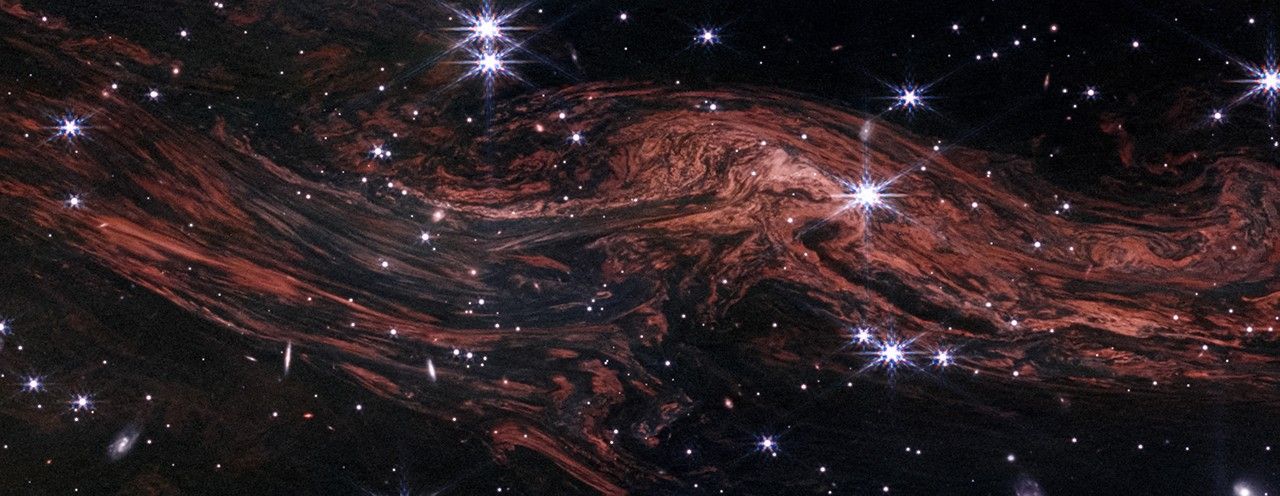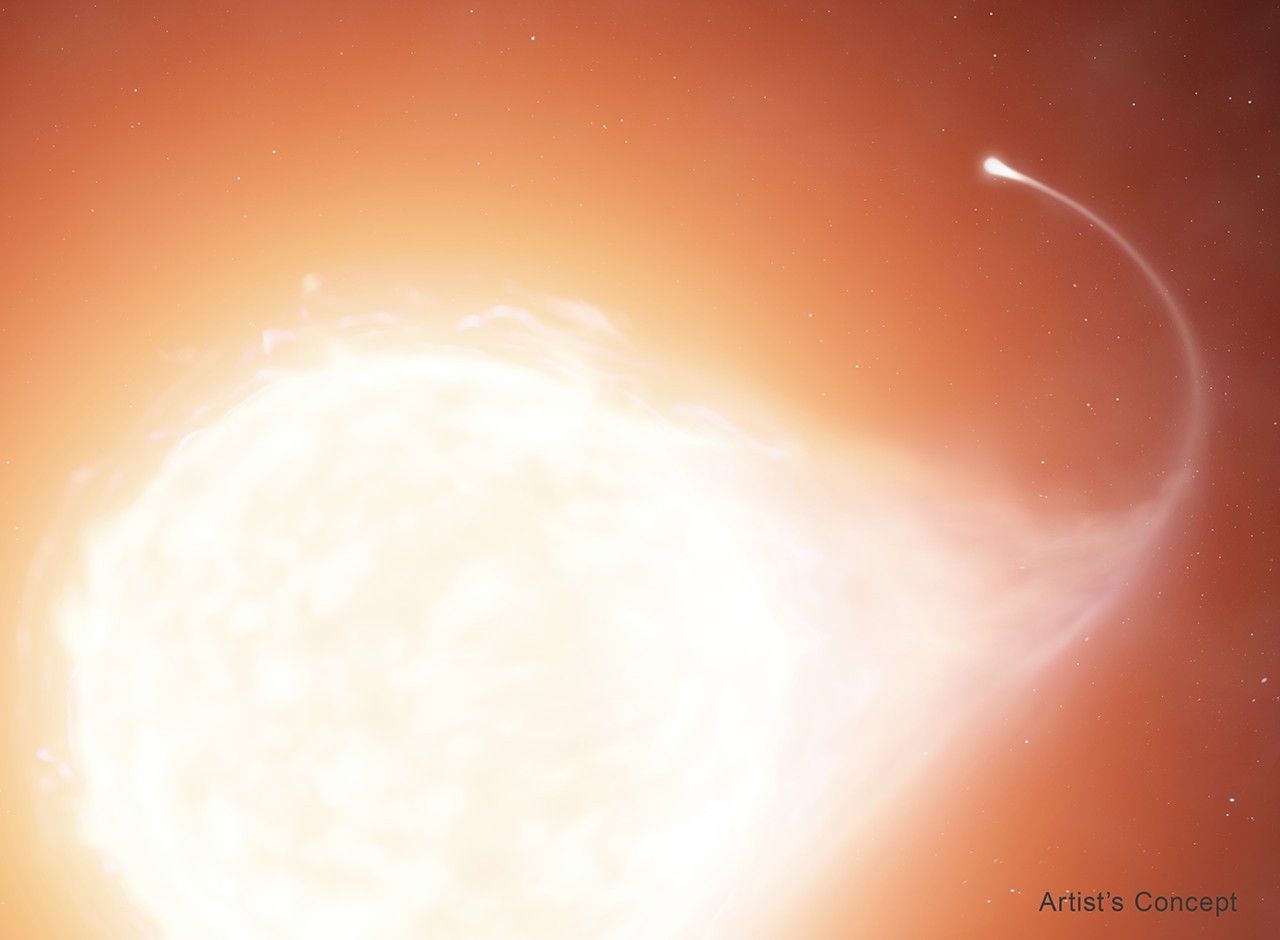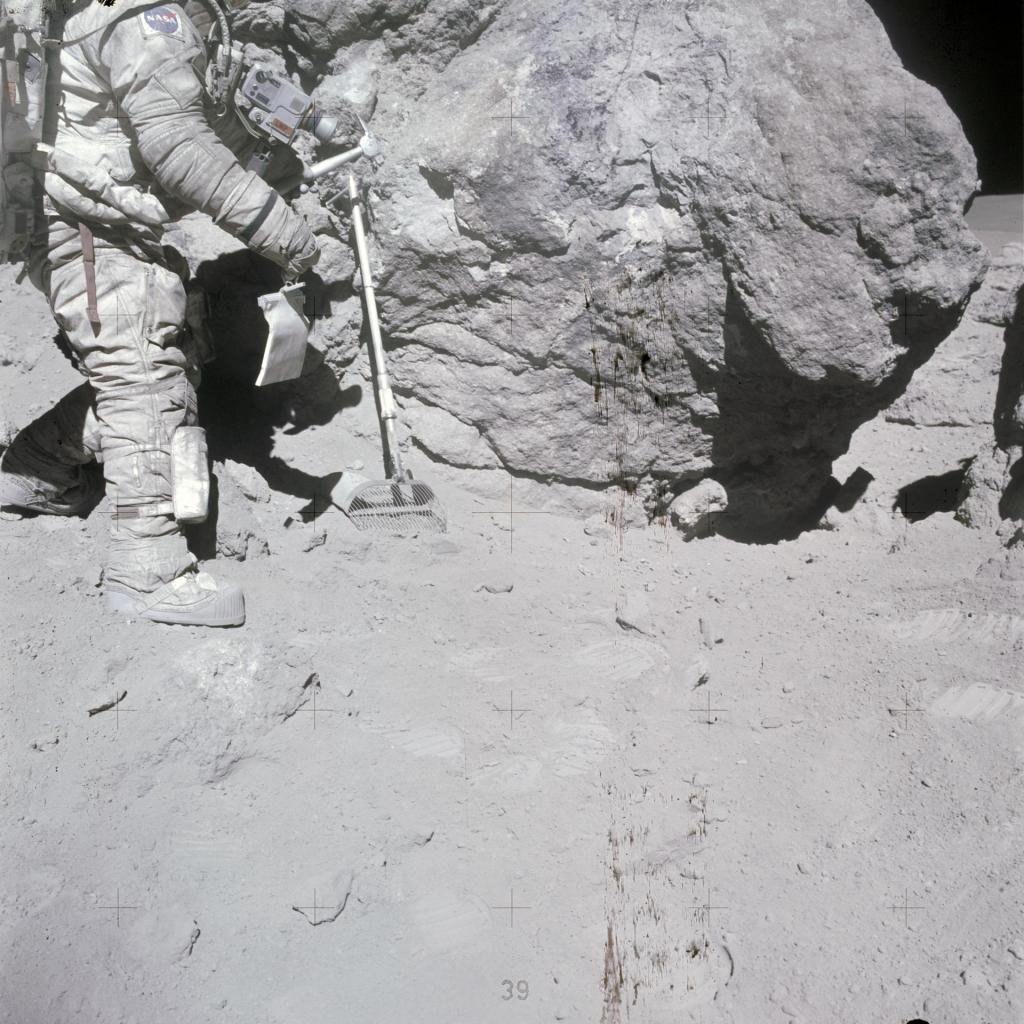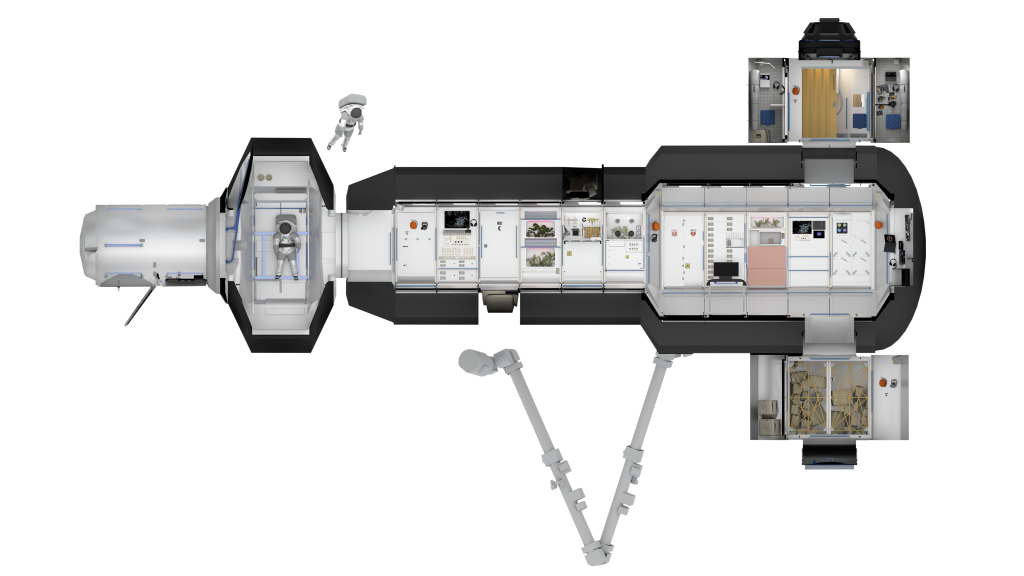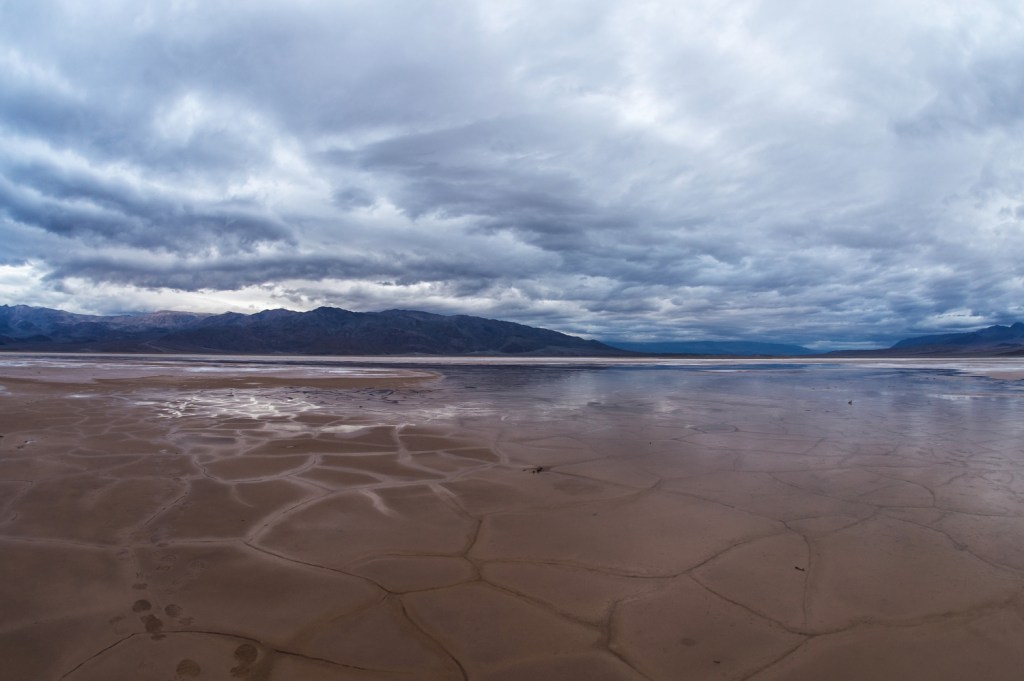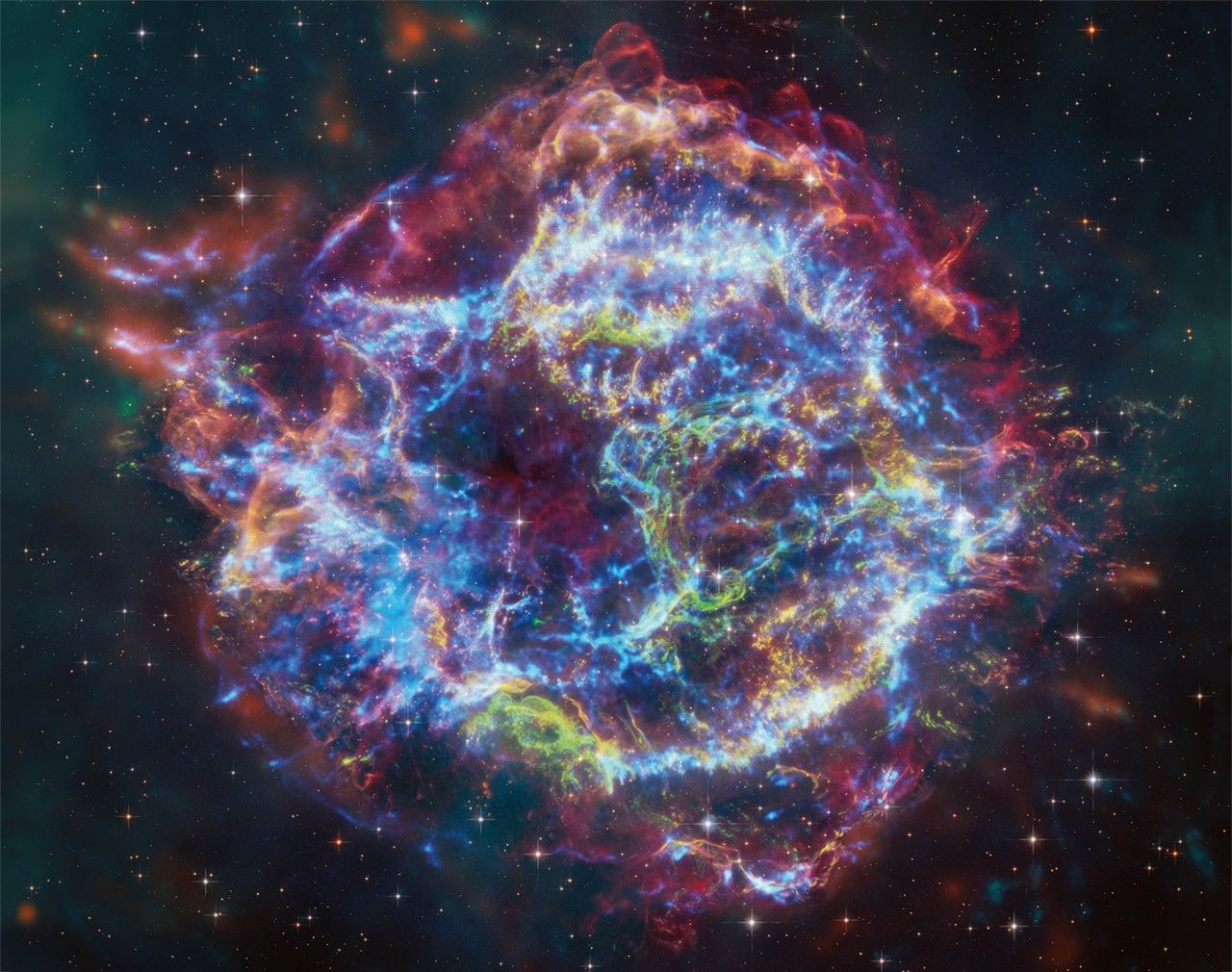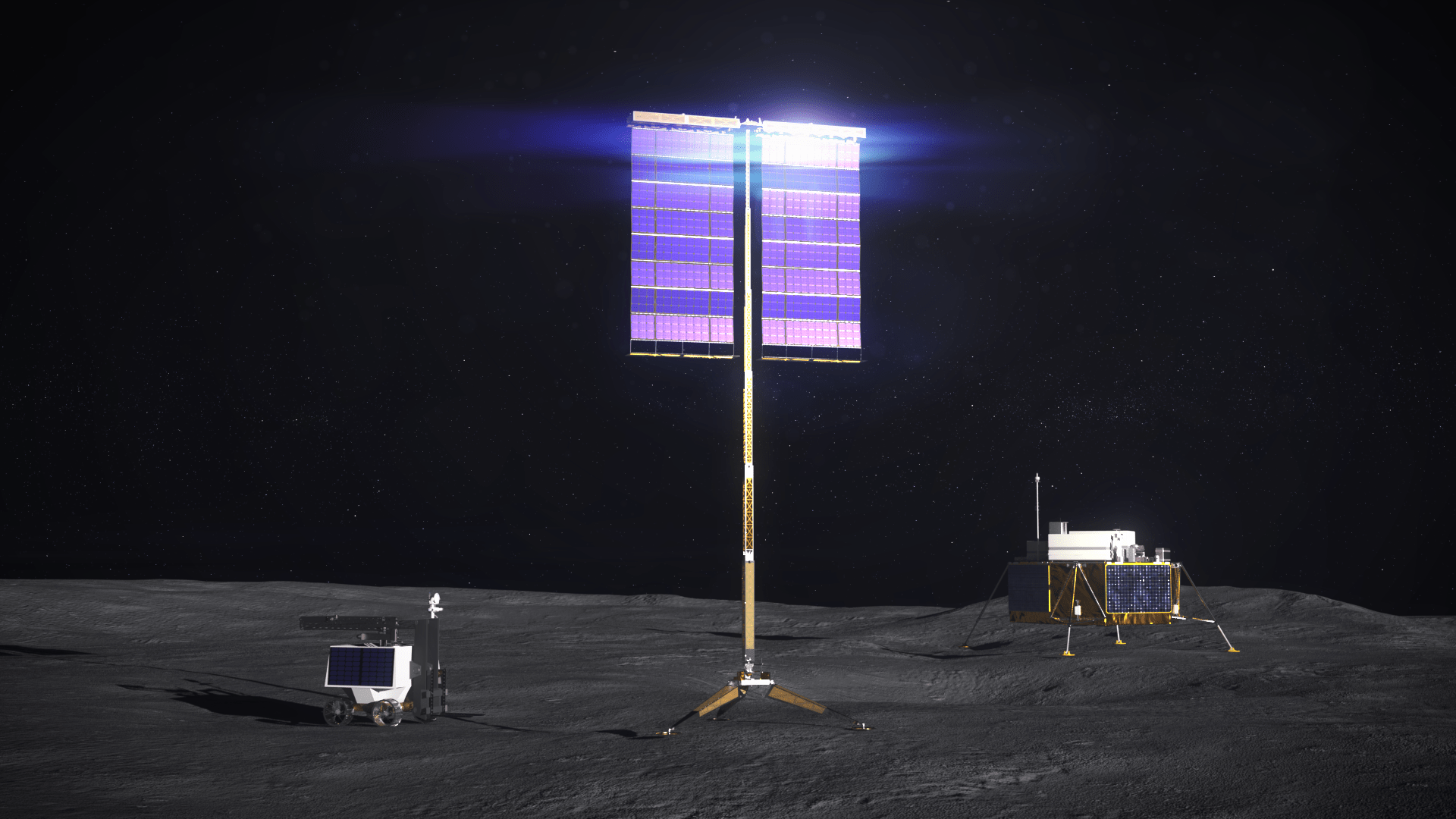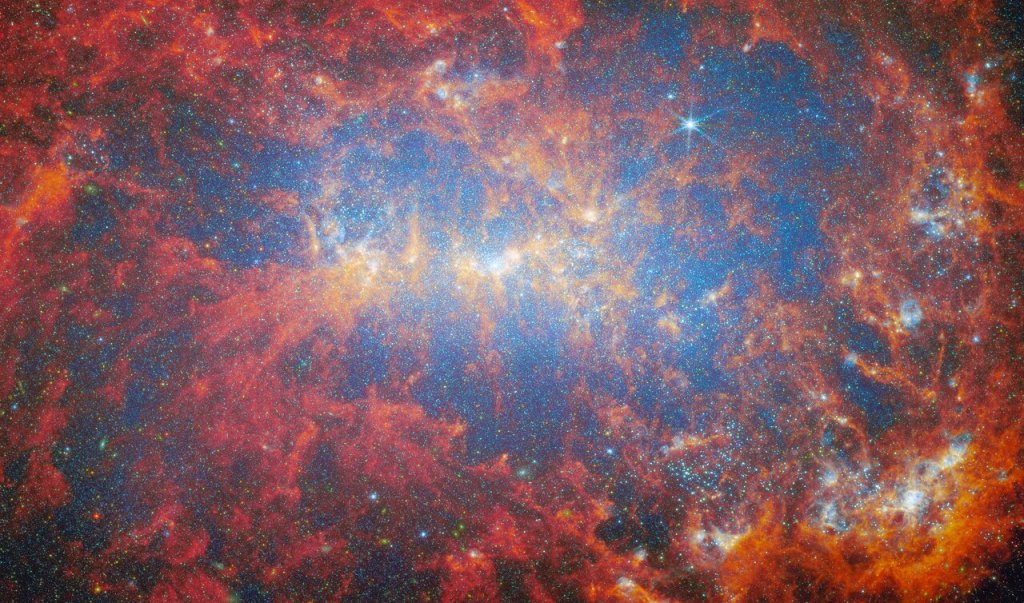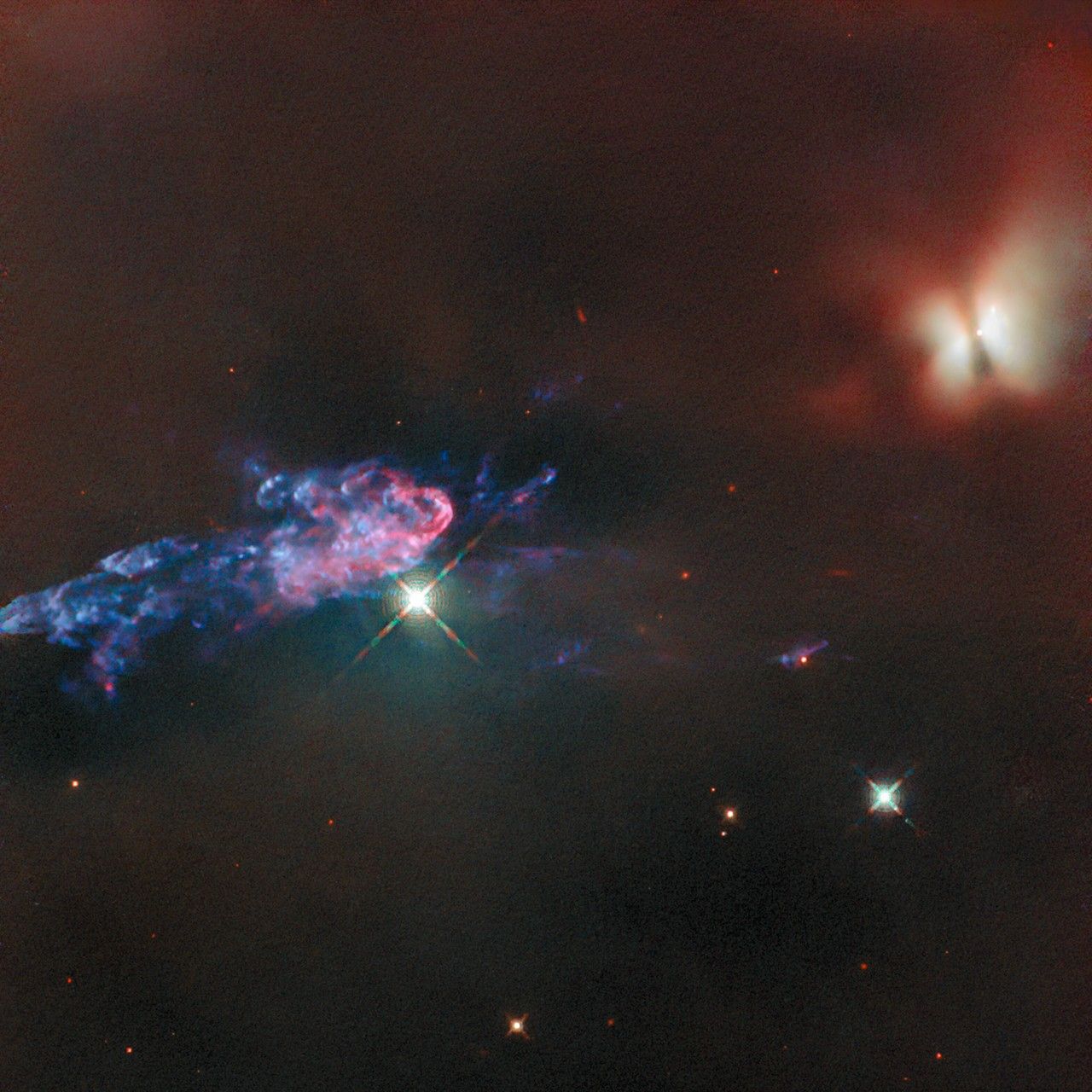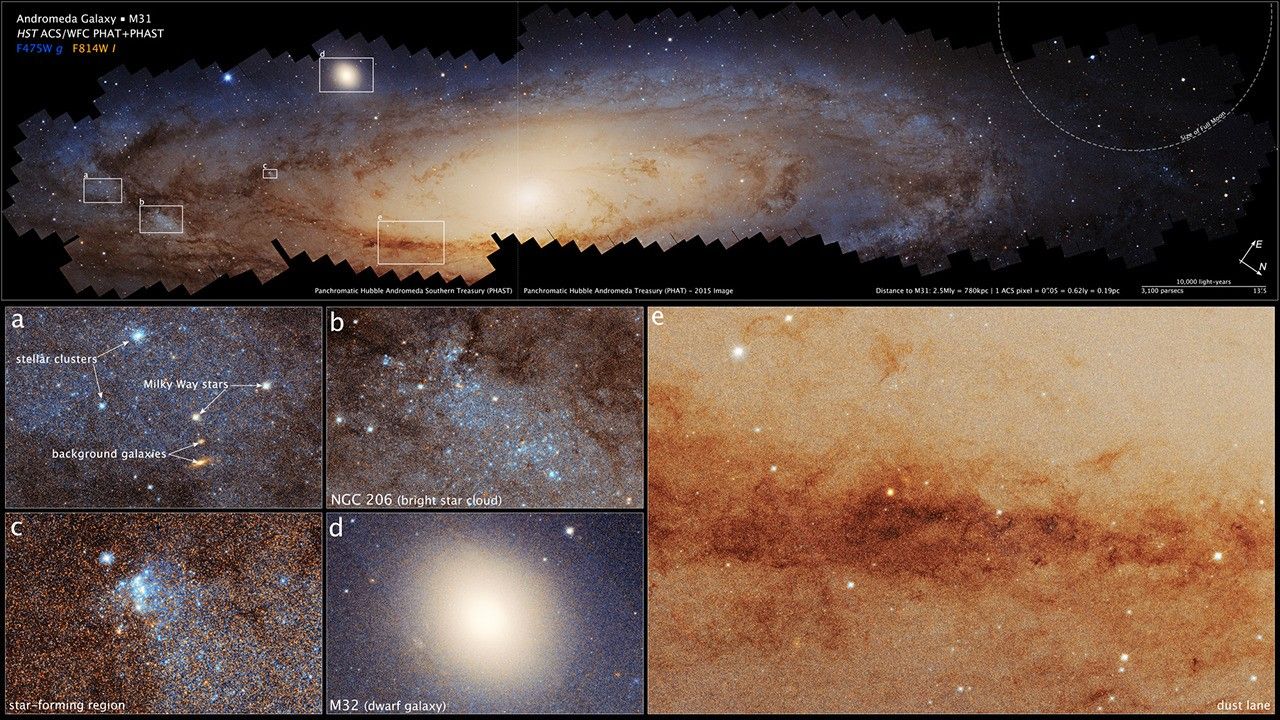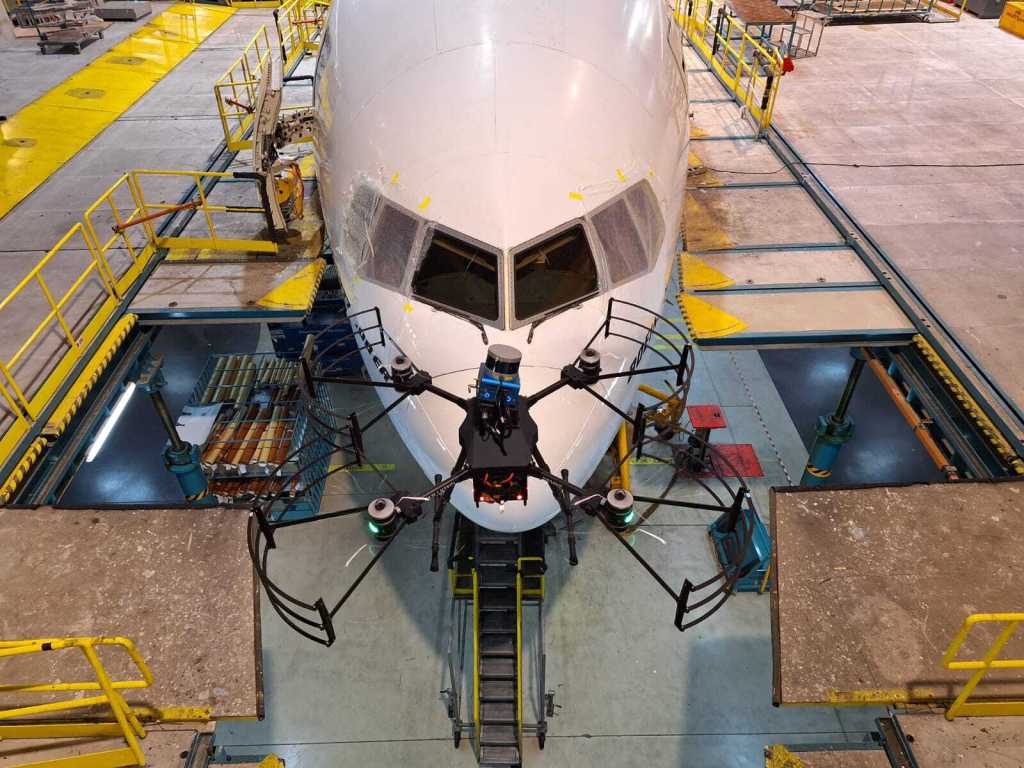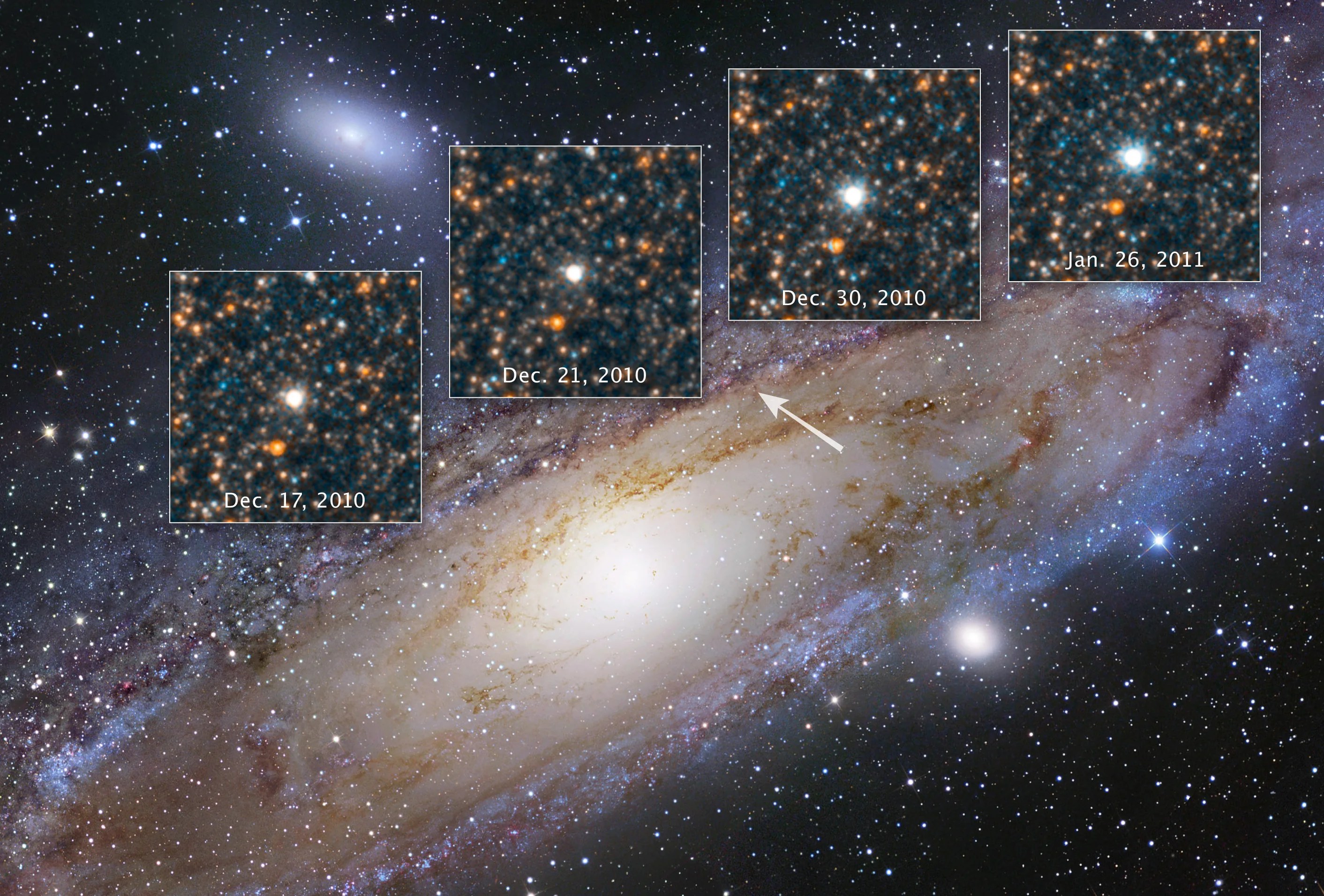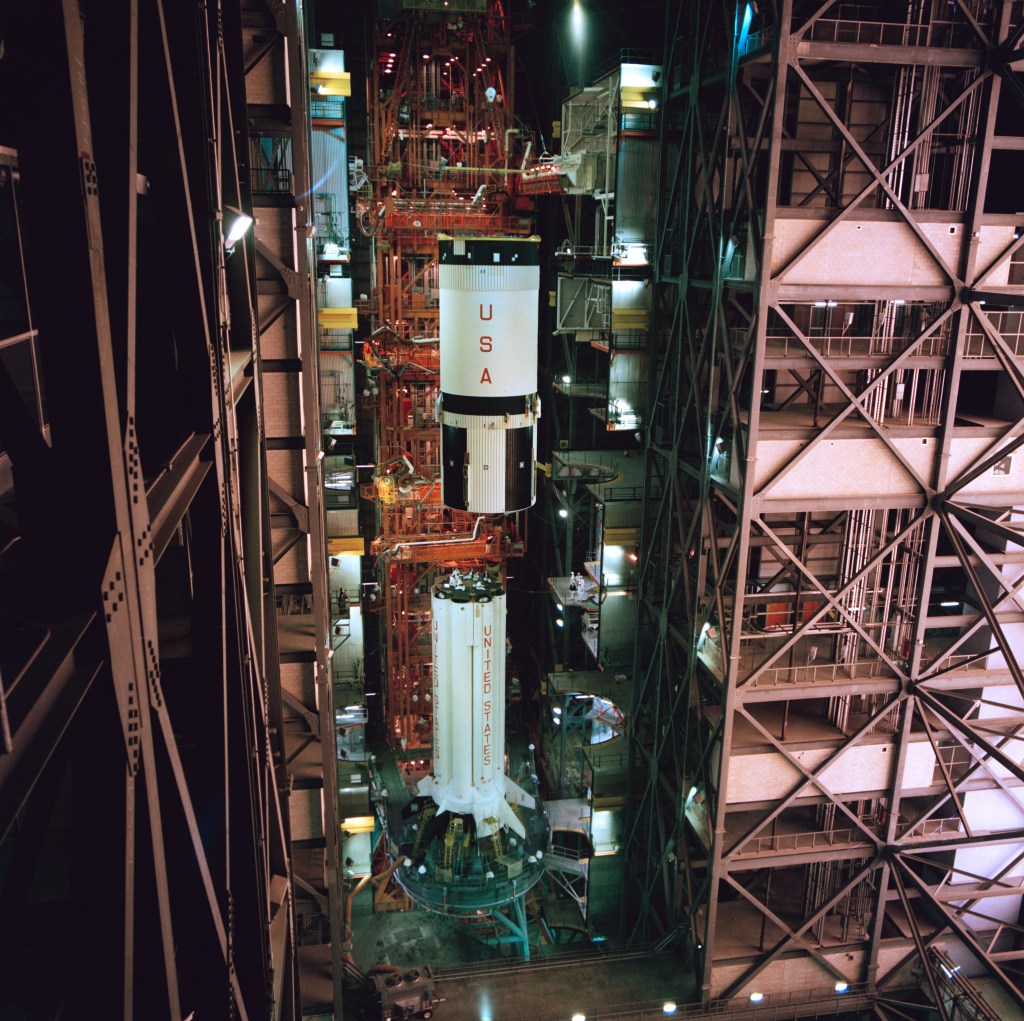Editor’s Note: This advisory was updated Feb. 13, 2024, to reflect a change in the launch date and time, as well an update to the launch coverage. For the latest mission information, visit the Artemis blog.
Editor’s Note: This advisory was updated Feb. 8, 2024, to reflect an updated date and time for the lunar delivery readiness media teleconference.
As part of NASA’s CLPS (Commercial Lunar Payload Services) initiative and Artemis campaign, SpaceX is targeting no earlier than 1:05 a.m. EST Thursday, Feb. 15, for a Falcon 9 launch of Intuitive Machines’ first lunar lander to the Moon’s surface. Liftoff will be from Launch Complex 39A at the agency’s Kennedy Space Center in Florida.
Live launch coverage will air on NASA+, NASA Television, the NASA app, and the agency’s website, with prelaunch events starting Monday, Feb. 12. Learn how to stream NASA TV through a variety of platforms, including social media.
Intuitive Machines’ Nova-C lander is expected to land on the Moon Thursday, Feb. 22. Among the items on its lander, the IM-1 mission will carry NASA science and technology instruments focusing on plume-surface interactions, space weather/lunar surface interactions, radio astronomy, precision landing technologies, and a communication and navigation node for future autonomous navigation technologies. Full coverage of this mission is as follows (all times Eastern):
Monday, Feb. 12
11 a.m. – Science media teleconference with the following participants:
- Susan Lederer, CLPS project scientist, NASA’s Johnson Space Center
- Farzin Amzajerdian, principal investigator, Navigation Doppler Lidar, NASA’s Langley Research Center
- Tamara Statham, co-principal investigator, Lunar Node-1, NASA’s Marshall Space Flight Center
- Daniel Cremons, deputy principal investigator, Laser Retro-Reflector Array, NASA’s Goddard Space Flight Center
- Nat Gopalswamy, principal investigator, Radio Observations of the Lunar Surface Photoelectron Sheath, NASA Goddard
- Michelle Munk, principal investigator, Stereo Camera for Lunar Plume-Surface Studies, NASA Langley
- Lauren Ameen, deputy project manager, Radio Frequency Mass Gauge, NASA’s Glenn Research Center
Audio of the teleconference will stream live on the agency’s website:
Media may ask questions via phone only. For the dial-in number and passcode, media must contact the Kennedy newsroom no later than 10 a.m. Feb. 12, at: ksc-newsroom@mail.nasa.gov. The public can submit questions on social media using #AskNASA.
Tuesday, Feb. 13
1:30 p.m. – Lunar delivery readiness media teleconference with the following participants:
- Joel Kearns, deputy associate administrator for Exploration, Science Mission Directorate, NASA Headquarters
- Debra Needham, program scientist, Exploration Science Strategy and Integration Office, NASA Headquarters
- Trent Martin, vice president, Space Systems, Intuitive Machines
- William Gerstenmaier, vice president, Build and Flight Reliability, SpaceX
- Arlena Moses, launch weather officer, Cape Canaveral Space Force Station’s 45th Weather Squadron
Audio of the teleconference will stream live on the agency’s website:
Media may ask questions via phone only. For the dial-in number and passcode, media must contact the Kennedy newsroom no later than 12:30 p.m. Feb. 13, at: ksc-newsroom@mail.nasa.gov.
Thursday, Feb. 15
12:20 a.m. – NASA TV launch coverage begins
1:05 a.m. – Launch
Coverage is subject to change based on real-time operational activities. Follow the Artemis blog for updates.
NASA launch coverage
Audio only of the launch coverage will be carried on the NASA “V” circuits, which may be accessed by dialing 321-867-1220, -1240, or -7135. On launch day, the full mission broadcast can be heard on -1220 and -1240, while the countdown net only can be heard on -7135 beginning approximately one hour before the launch broadcast begins.
On launch day, a “tech feed” of the launch without NASA TV commentary will be carried on the NASA TV media channel.
NASA website launch coverage
Launch day coverage of the mission will be available on the NASA website. Coverage will include live streaming and blog updates beginning on Feb. 15, as the countdown milestones occur. On-demand streaming video and photos of the launch will be available shortly after liftoff. For questions about countdown coverage, contact the Kennedy newsroom at 321-867-2468. Follow countdown coverage on the Artemis blog for updates.
Attend launch virtually
Members of the public can register to attend this launch virtually. Registrants will receive mission updates and activities by email. NASA’s virtual guest program for this mission also includes curated launch resources, notifications about related opportunities, and a virtual guest passport stamp following a successful launch.
Watch, engage on social media
Let people know you’re following the mission on X, Facebook, and Instagram by using the hashtag #Artemis. You can also stay connected by following and tagging these accounts:
X: @NASA, @NASAKennedy, @NASAArtemis, @NASAMoon Facebook: NASA, NASAKennedy, NASAArtemis Instagram: @NASA, @NASAKennedy, @NASAArtemis
In May 2019, the agency awarded a task order for scientific payload delivery to Intuitive Machines. Through Artemis, commercial robotic deliveries will perform science experiments, test technologies, and demonstrate capabilities to help NASA explore the Moon in advance of Artemis Generation astronaut missions to the lunar surface, in preparation for future missions to Mars.
NASA is working with several U.S. companies to deliver science and technology to the lunar surface through the agency’s CLPS initiative. This pool of companies may bid on task orders. A task order award includes payload integration and operations, as well as launching from Earth and landing on the surface of the Moon. CLPS contracts are indefinite-delivery/indefinite-quantity contracts with a cumulative maximum contract value of $2.6 billion through 2028.
For more information about the agency’s Commercial Lunar Payload Services initiative, see:
Para obtener información sobre cobertura en español en el Centro Espacial Kennedy o si desea solicitar entrevistas en español, comuníquese con Antonia Jaramillo o Messod Bendayan a: antonia.jaramillobotero@nasa.gov o messod.c.bendayan@nasa.gov.
-end-
Karen Fox / Alise Fisher
Headquarters, Washington
202-358-1275
karen.c.fox@nasa.gov / alise.m.fisher@nasa.gov
Nilufar Ramji
Johnson Space Center, Houston
281-483-5111
nilufar.ramji@nasa.gov
Antonia Jaramillo
Kennedy Space Center, Florida
321-501-8425
antonia.jaramillobotero@nasa.gov

